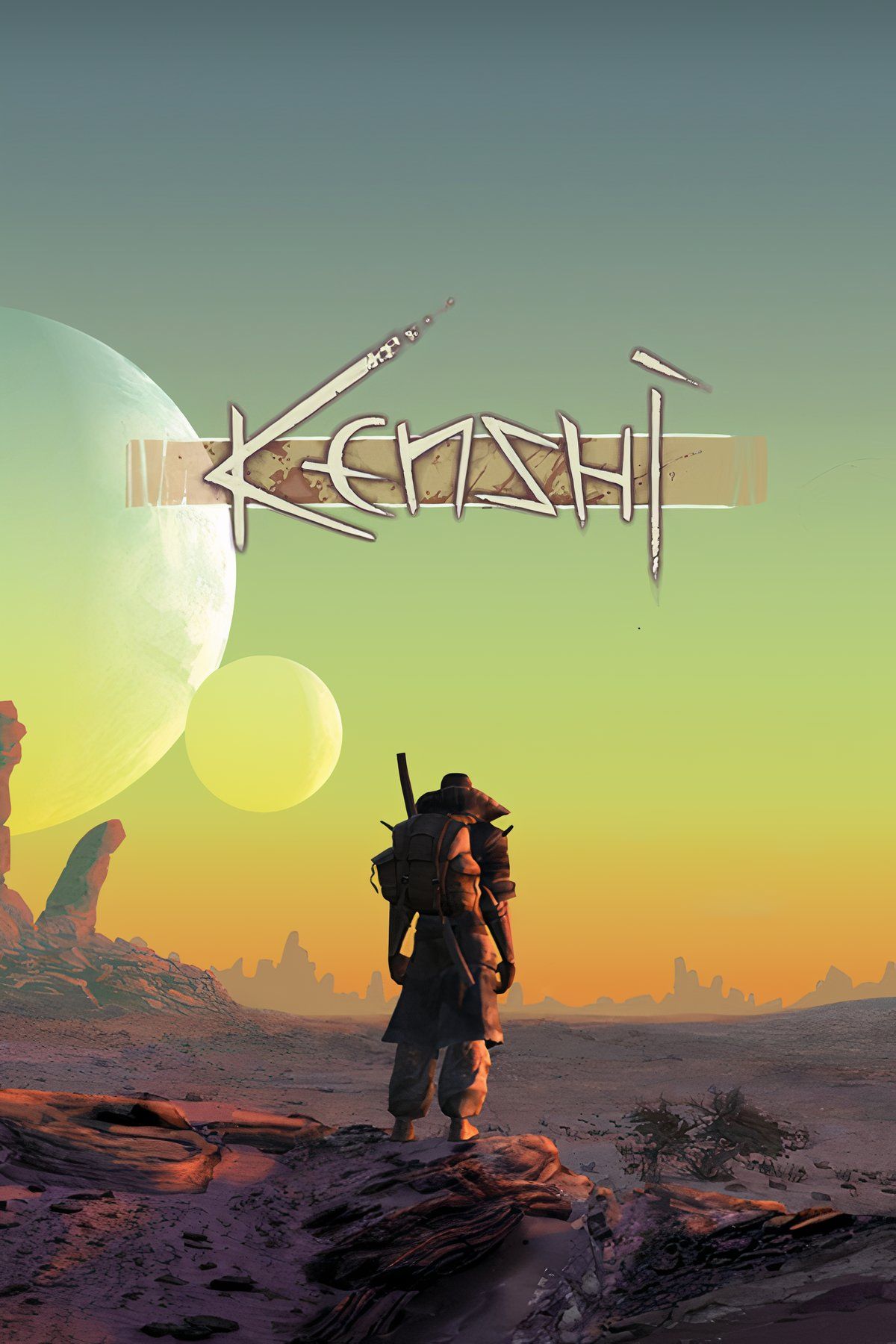
There’s something magical about watching a story unfold not because someone wrote it that way, but because a bunch of systems accidentally created drama, betrayal, and heartbreak. Procedurally generated stories can often feel more personal than scripted ones, because they weren’t meant to happen the way they did.
They’re the byproduct of chaos meeting consequences. When that kind of unpredictability is set loose in a sprawling open world, it stops being a sandbox and starts becoming a storyteller with a thousand voices. These games do more than simply let players live in the world. They let the world remember what happened.
No one really plays Dwarf Fortress — they survive it. What starts as a modest attempt to dig out a nice home for a group of bearded alcoholics often ends with forgotten beasts poisoning the water supply, while a child tantrums their way into a murder spree. Stories aren’t delivered to players in cutscenes or quest logs. They bubble up from a swirling mess of AI routines, personality traits, random events, and absurd cause-effect chains that make sense only to the game’s ASCII-coded madness.
Everything in Dwarf Fortress is tracked, from how many socks a dwarf owns to what kind of trauma they develop after watching a friend get eaten by a cave crocodile. Entire sagas can play out from a single bad decision, and the game’s Legends Mode catalogs every name, death, betrayal, and bar fight into a world history book thicker than a college thesis. No two stories are the same, and most of them end in fire.
In Mount & Blade 2: Bannerlord, players might start off clearing bandit camps with a pitchfork. But by the hundredth day, they’re knee-deep in dynastic wars, marriage alliances, and petty revenge feuds with other nobles who didn’t like getting captured twice. What makes it special is how the world moves without the player. Kingdoms rise, fall, and betray one another while the player is still trying to figure out how to afford a second horse.
Characters grow old, heirs are born, and grudges are carried across generations. It’s not scripted; it’s simulated. A lord that was once a drinking buddy might show up years later on the opposite side of a siege, demanding surrender. And even then, the outcome depends on what the player did years ago, who they spared, who they bankrupted, who they insulted during a feast. Every campaign spins into its own medieval drama, complete with politics, betrayal, and someone inevitably defecting to the enemy mid-war.
What makes Kenshi feel so different is that there is no main quest, no central villain, and no divine prophecy to follow. The player is a nameless nobody dumped into a desert full of limb-chopping bandits, slave traders, ancient AI remnants, and enough bleak existentialism to make Dark Souls blush. But give it time, and Kenshi’s world starts to build something back, not through scripted events, but through cause and effect.
Set up a base, and nearby factions might take notice. Start robbing trade caravans, and the local economy might start collapsing. Rescue a dying drifter and suddenly find yourself being hunted by the Holy Nation for harboring a skeleton. The world remembers actions, not through journal entries, but through consequences that come back to bite weeks later. Every scar, every lost companion, every amputated leg is part of a story that wasn’t pre-written, but evolved from the chaos.
There’s no easy way to describe Cataclysm: Dark Days Ahead. It’s part survival roguelike, part horror sim, and part DIY apocalypse diary. There are no quests, just goals players set for themselves. Survive the night. Find antibiotics. Build a deathmobile out of scrap metal and lawnmowers. And all of it plays out inside a procedurally generated world where the story changes based on every choice and every failure.
One run might end with a mutant character burning down a mansion filled with zombified moose. Another could spiral into a desperate winter food hunt while dodging radioactive blobs and hallucinations caused by sleep deprivation. NPCs have their own goals, cities are randomly populated, and everything from weather to wildlife can be tweaked. Because of this, each playthrough ends up spinning its own narrative. The game doesn’t tell players what the story is. It lets them realize it halfway through freezing to death in a library.
What started in Shadow of Mordor was perfected in Shadow of War. The Nemesis System didn’t just create enemies. It created personalities, rivalries, and grudges that felt painfully personal. An orc captain who got lucky with a firebomb could later show up scarred, vengeful, and somehow now fluent in poetry. And he remembered both that he fought the player before and how it happened, and whether he won or lost.
The sandbox world of Mordor evolves as players promote spies, assassinate warchiefs, or abandon strongholds. Orcs betray each other, form blood feuds, and hold grudges for the weirdest reasons. The game doesn’t hand out quests as much as it lets the player cause them, whether by failing a mission or letting the wrong orc survive. It’s not just a procedural story. it’s dynamic storytelling that reacts to wins, losses, mercy, and cruelty. And the most haunting part? The stories stick with the orcs long after the player forgets.